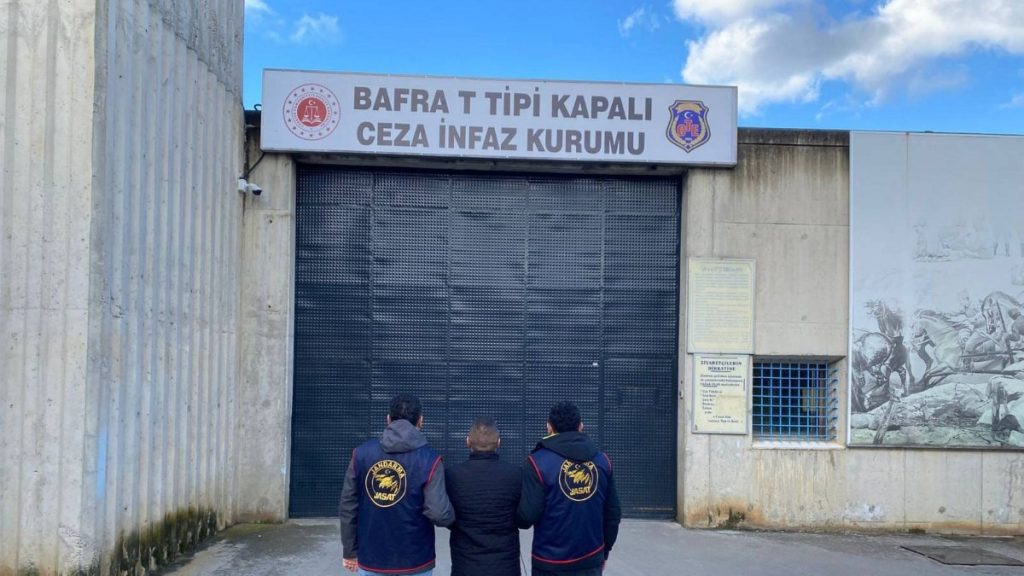Seventy-one suspects linked to the Gülenist Terror Group (FETÖ) were captured in operations in 23 provinces, Interior Minister Ali Yerlikaya announced on Friday.
The raids were the latest chapter in the long-running “Operation Clamp” against the group, which sought to seize power on July 15, 2016, through a foiled coup bid by its military infiltrators.
Yerlikaya said there was no respite in their fight against “treacherous terrorists who attempted to crush Türkiye’s national unity, state integrity and the peace of its citizens” and congratulated the security personnel who carried out the operation.
According to the minister, the captured suspects were wanted for serving the FETÖ network still active in Türkiye, spreading FETÖ propaganda on social media platforms, contacting FETÖ handlers through payphones and utilizing ByLock, an encrypted messaging app developed and exclusively used by the terrorist group.
“Suspects also include convicted fugitives and those who were named in testimonies as part of FETÖ investigations,” Yelrikaya added.
The raids, conducted by provincial police departments and intelligence officers in 23 cities, including Istanbul, western Izmir, Balıkesir, and southern Adana and Hatay provinces, also seized dozens of organizational documents and digital materials.
The terrorist group orchestrated the defeated coup of July 15, 2016, in Türkiye, in which 252 people were killed and 2,734 wounded. Ankara also accuses FETÖ of being behind a long-running campaign to overthrow the state through the infiltration of Turkish institutions, particularly the military, police and judiciary.
Türkiye has targeted its active members and sleeper cells nonstop, and its influence has been much reduced since 2016. However, the group maintains a vast network, including infiltrators suspected to be still operating within Turkish institutions.
FETÖ backers in army ranks and civil institutions have disguised their loyalty, as operations and investigations have indicated since the 2016 coup attempt. FETÖ is also implicated in a string of cases related to its alleged plots to imprison its critics, money laundering, fraud and forgery.
The terrorist group faces operations almost daily as investigators still try to unravel their massive network of infiltrators everywhere. In 2024 alone, police apprehended hundreds of FETÖ suspects across the country, including fugitives on western borders trying to flee to Europe.
Those apprehended were mostly low-ranking members of the group, as high-ranking members managed to flee the country before and immediately after the coup attempt.
Still, security forces occasionally capture key figures of the group who managed to remain in hiding, such as Cihat Yıldız. Yıldız, accused of helping the escape of Adil Öksüz, the civilian mastermind of the 2016 coup attempt, was captured during a police check in August in Istanbul.
Turkish security sources also say the group is in turmoil after the death of its leader, Fetullah Gülen, in October last year.
A power struggle between 12 members of FETÖ’s so-called executive board, based in Pennsylvania, has stoked widespread distrust among the rank and file and financial troubles.
FETÖ has amassed a considerable fortune through donations, as well as a colossal business and school network in Türkiye and around the world. With Gülen’s death, the seniors are eager to claim the unattended wealth, sources say.


